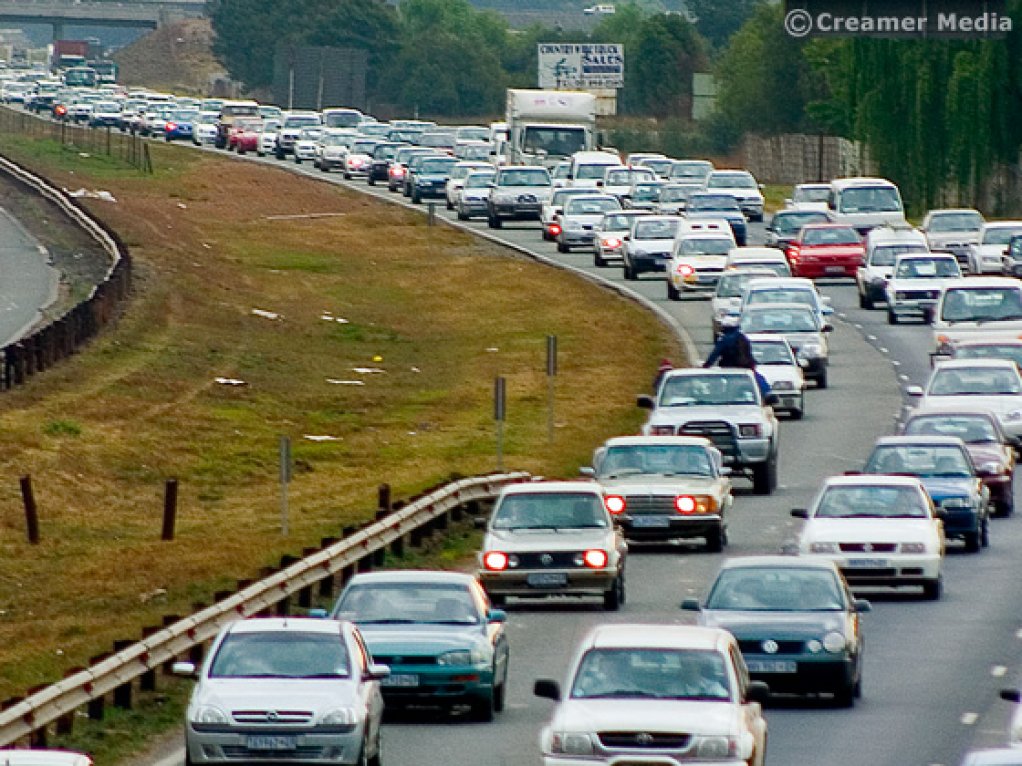/ MEDIA STATEMENT / The content on this page is not written by Polity.org.za, but is supplied by third parties. This content does not constitute news reporting by Polity.org.za.
Effective road safety and awareness programmes form an integral part of SANRAL’s vision for a sustainable and safe national road network for all road users in South Africa.
This was one of the key messages by Helena Fourie, Development Manager at SANRAL, in a debate hosted by the national road agency and the Mail & Guardian Critical Thinking Forum in Cape Town last night.
The subject was: “World-class infrastructure and engineering should be supported by effective road safety campaigns that impact behavioural change.”
Other participants in the debate were Randall Cable, Engineering Manager for Operations at SANRAL in the Western Cape; Dr Marion Sinclair, a lecturer in Traffic Engineering and Road Safety at the Department of Civil Engineering at the University of Stellenbosch and Prof Gerda van Dijk, lecturer at the School of Social and Government Studies at the Northwest University.
“You can have the best road network in the world but still have high road incident rates. If excellent roads are not backed by an effective road safety campaign and the appropriate knowledge for correct road- user behaviour, then you will not have safer roads,” Fourie said.
This is illustrated by the many accidents that occur on our highways involving pedestrians, she said.
“You can put a pedestrian bridge in place, but if the surrounding communities aren’t educated and made aware, then they will keep on attempting to walk across the highway and not use the pedestrian bridge,” she said.
Road safety awareness should start from a young and formative age when people are eager and willing to learn - behaviour changes happen easier than for adults. That is why SANRAL has embarked on a road safety education campaign targeting those less than 25 years of age, called ChekiCoast.
Fourie said at tertiary educational institutions students are encouraged to make the right choices with regards to drinking and walking, drinking and driving as well as vigilance and visibility. The next issue to be tackled will be texting and using a cell phone while on the road.
Randall Cable said South Africa has one of the highest pedestrian fatality rates in the world. SANRAL supports an integrated approach to ensure a safe road network, known as the three “E’s” namely engineering, education and enforcement. “Providing the right infrastructure is important to separate pedestrians and vehicular traffic,” he said.
Cable pointed out that many countries who were following the ‘Safe Systems’- approach had experienced sustained reduction in crashes and incidents involving pedestrians.
Dr Marion Sinclair stressed that human behaviour lies at the centre of road safety and one of the major problems that need to be addressed is the “hazard perception” of road-users. “We have to align their conduct on the road with the risk on the road and the capability of the vehicle they are driving. Ultimately this is what will make our roads safer,” she said.
According to Sinclair hazard perception is a skill that can be taught and hazard awareness training should be introduced. The solutions are out there and it is just a matter of commitment by all stakeholders and role-players, she said.
Cable said providing engineering solutions and installing technology such as surveillance cameras and average speed measuring over a distance travelled will ultimately help to influence road-users behaviour and ensure safer roads.
Prof Gerda van Dijk pointed out that the three “E’s”, enforcement, engineering and education, separately won’t be effective in ensuring safer roads, but that all three aspects in synergy is necessary to make people change their behaviour and get the desired outcome .
EMAIL THIS ARTICLE SAVE THIS ARTICLE
To subscribe email subscriptions@creamermedia.co.za or click here
To advertise email advertising@creamermedia.co.za or click here











